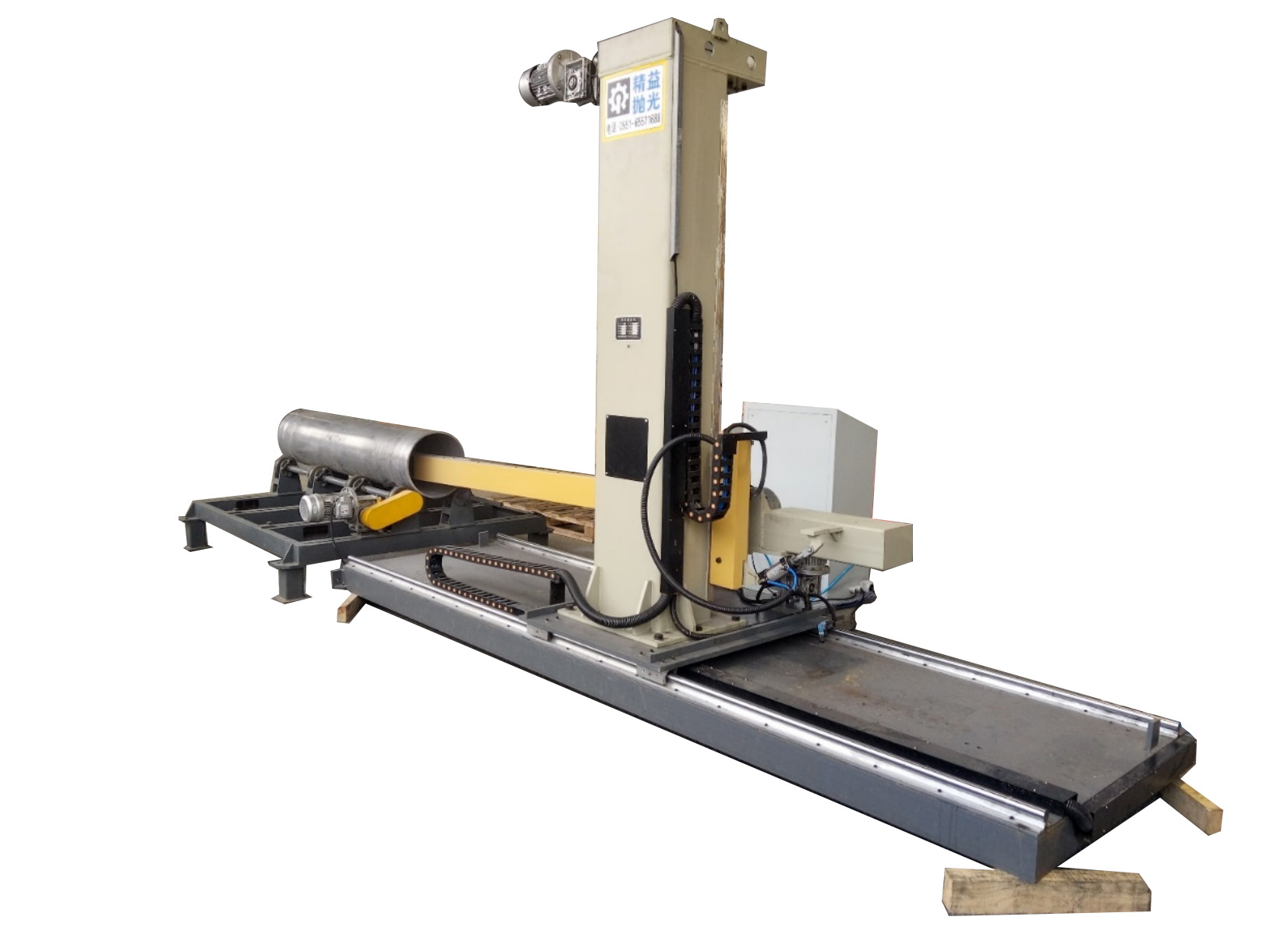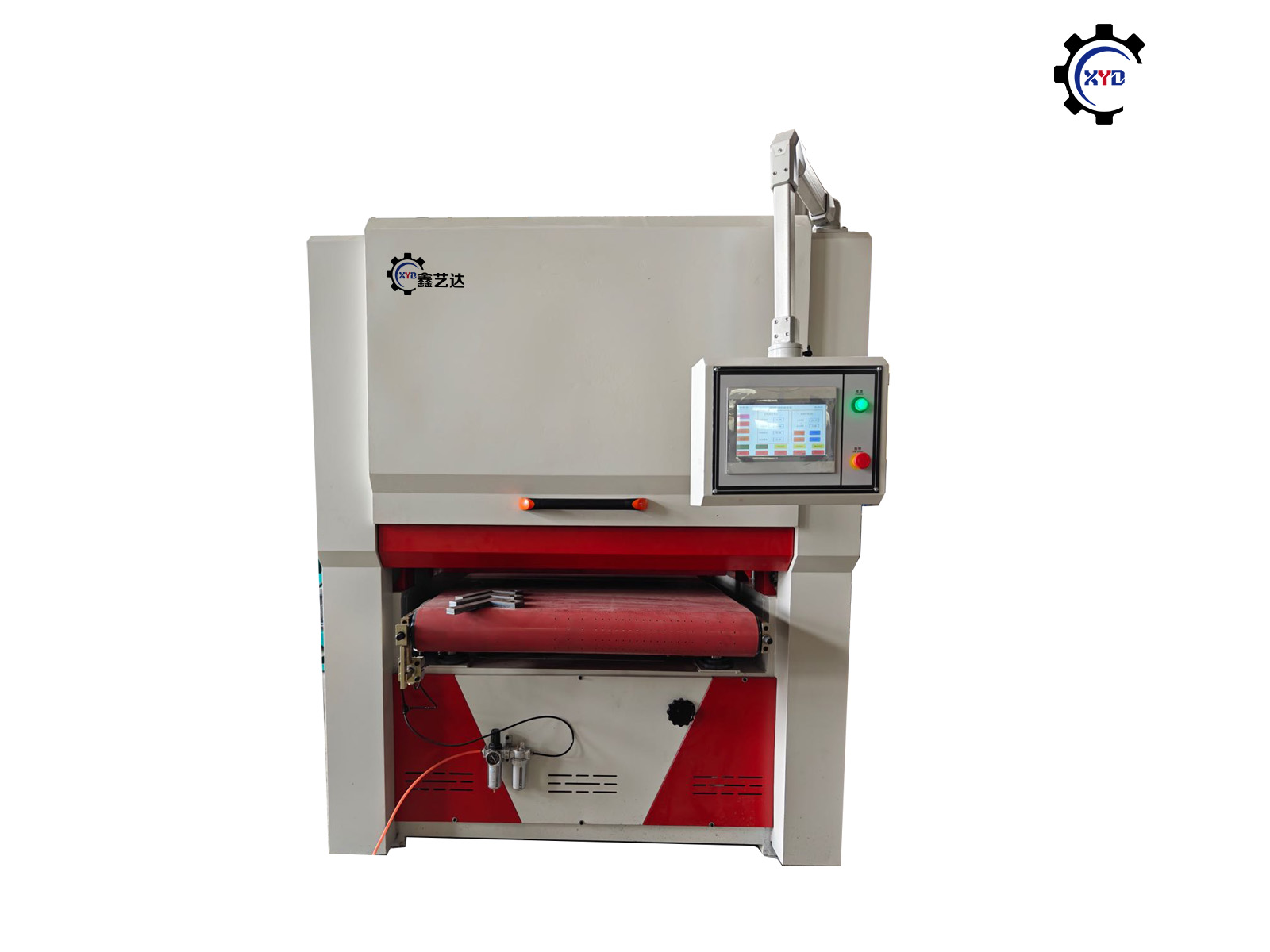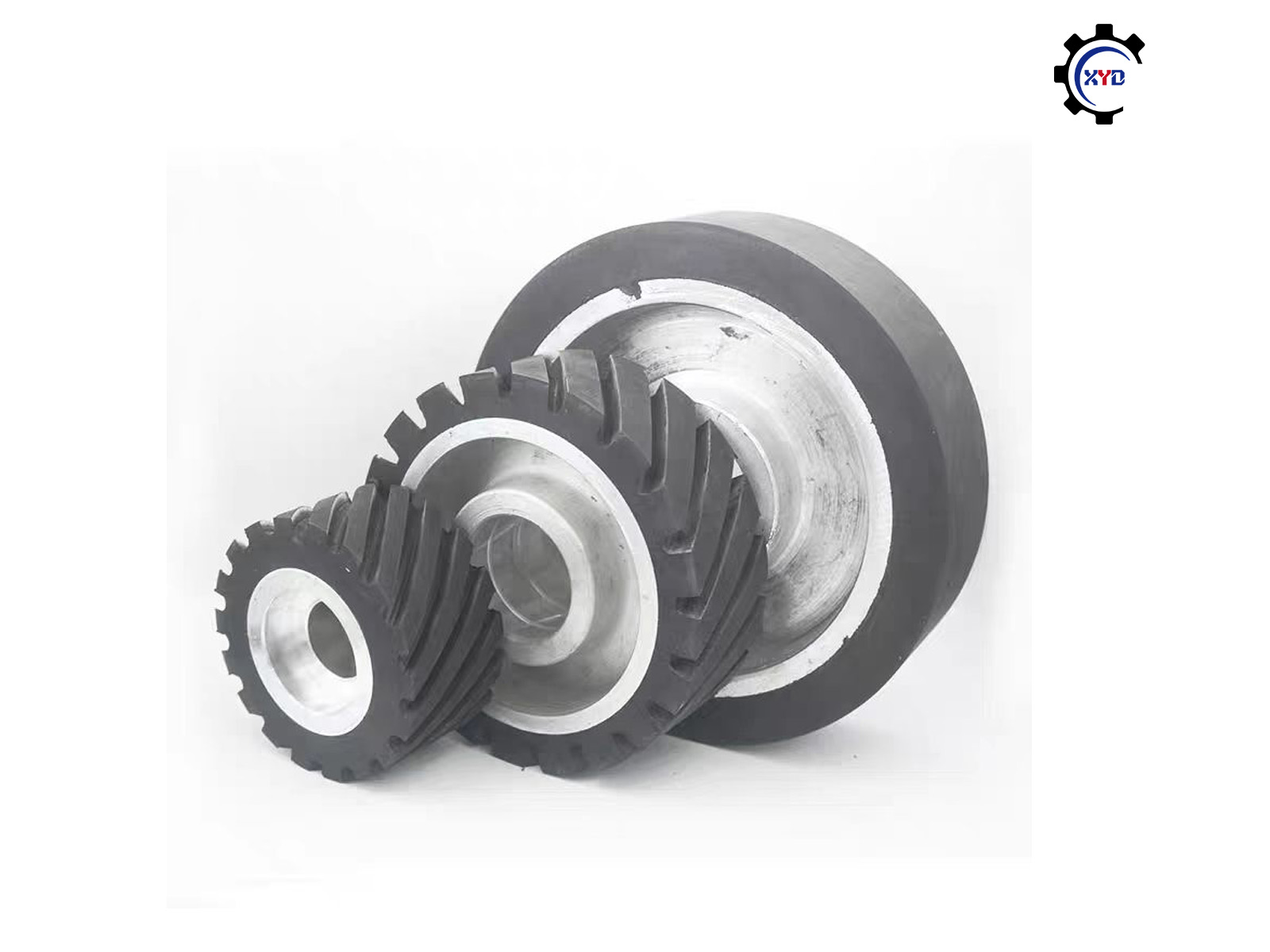Polishing Machine Troubleshooting Guide: Common Failures & Solutions
Publish time:2025-02-19 19:59:02 Popularity:0 Source:未知来源
Polishing Machine Troubleshooting Guide: Common Failures & Solutions
1. Motor-Related Failures
Symptoms:
-
Failure to start
-
Overheating
-
Unusual noises
Action Steps:
-
Power check: Verify stable voltage supply and rule out phase loss.
-
Insulation test: Use a megohmmeter to assess motor winding integrity.
-
Component replacement: Replace worn bearings/carbon brushes causing overheating.
-
Cooling maintenance: Clear dust from cooling fans to restore airflow.
2. Poor Polishing Results
Symptoms:
-
Surface scratches
-
Uneven finish
-
Dull or inconsistent luster
Corrective Measures:
-
Pressure adjustment: Reduce excessive polishing wheel pressure to prevent scratching.
-
Consumable inspection: Replace worn abrasive belts/polishing wheels promptly.
-
Fixture alignment: Recalibrate workpiece holders to address eccentricity issues.
-
Solution check (wet polishing): Ensure proper polishing fluid concentration.
3. Mechanical Transmission Issues
Symptoms:
-
Belt slippage
-
Excessive vibration
-
Intermittent feed jams
Resolution:
-
Belt maintenance: Tighten or replace loose/deteriorated drive belts.
-
Lubrication: Apply lubricant to guide rails and bearings to eliminate dry friction noise.
-
Alignment verification: Inspect couplings for misalignment deviations.
4. Control System Malfunctions
Symptoms:
-
PLC error alarms
-
Touchscreen unresponsiveness
Troubleshooting:
-
System reboot: Restart the control unit to resolve temporary glitches.
-
Sensor audit: Examine wiring for photoelectric/pressure sensors.
-
Software update: Correct parameter errors by updating PLC programming.
Diagnostic Tools & Procedures
Step-by-Step Process:
-
Observe: Note symptoms (e.g., alarm codes, unusual sounds).
-
Isolate: Power down to inspect mechanical components.
-
Test: Measure electrical parameters (voltage, resistance).
-
Segment: Conduct phased testing to pinpoint the issue.
Recommended Tools:
-
Multimeter (voltage/continuity checks)
-
Infrared thermometer (motor temperature monitoring)
-
Vibration analyzer (bearing wear detection)
Safety & Preventive Maintenance
Emergency Protocol:
-
Immediate shutdown: Engage the emergency stop button.
-
Power disconnect: De-energize the machine to prevent hazards.
-
Warning signage: Label the equipment under maintenance.
Preventive Best Practices:
-
Scheduled replacements: Regularly change wear-prone parts (belts, polishing wheels).
-
Data tracking: Log operational metrics (current draw, temperature trends).
-
Training: Educate operators to minimize human error.
- 2025-11-14 Precautions to Take Before and After Operating a Polishing Machine
- 2025-11-04 Have you maintained the polishing machine?
- 2025-10-14 The difference between single-station pipe polishing machines and multi-station pipe polishing machines
- 2025-10-08 Why the Semiconductor Industry Cannot Do Without Automatic Polishing Equipment?
- 2025-09-25 Why Do Pressure Vessels Need Polishing?
- 2025-09-24 What are the types of circular tube polishing machines
- 2025-09-05 Cylinder Polishing Machine
- 2025-09-02 Stainless Steel Surface Roughness (Ra) vs Sanding Belt Grit Guide (Polishing Stainless Steel)
Online Message
Contact information
QR code









 QQ Customer Service
QQ Customer Service